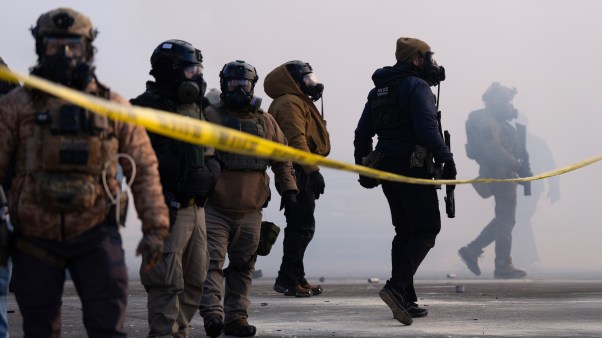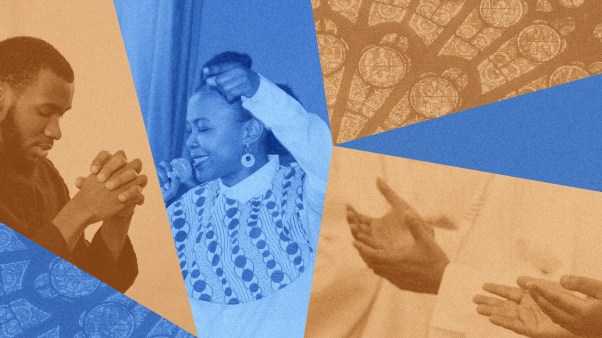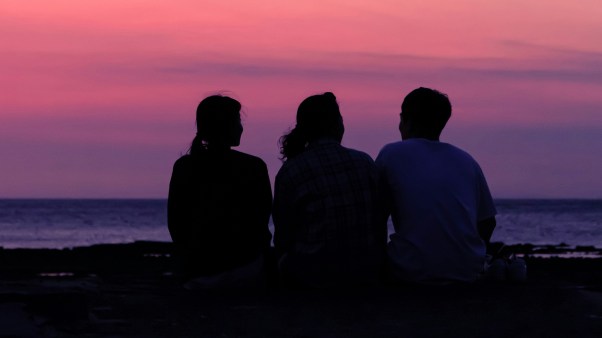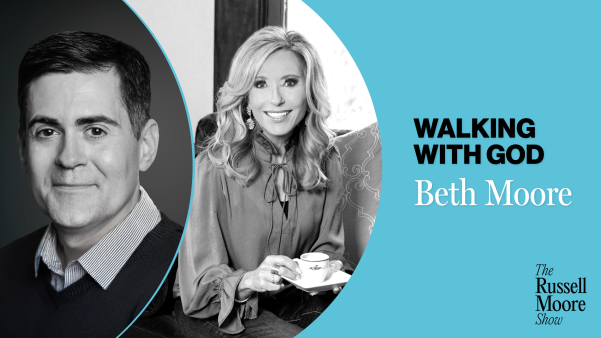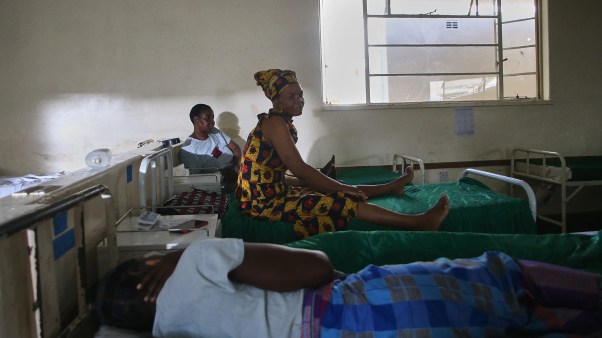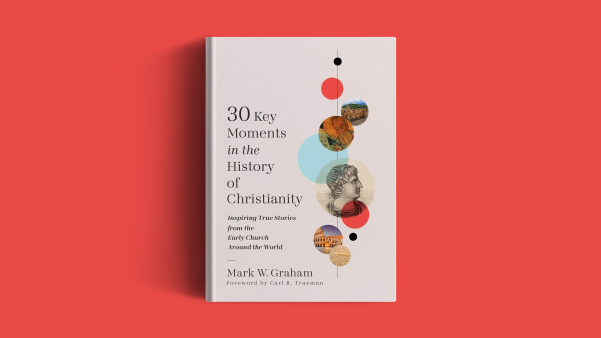Behind a dense bush near Biraidu Community Secondary School in Abocho, Nigeria, students smoked marijuana. One was Samson Ocholi. He was 19.
Ocholi grew up in a devout Christian home, learning Bible stories in Sunday school and serving in The Boys’ Brigade. High school changed everything. At 14, he fell in with friends who introduced him to cigarettes, then marijuana. “Then other things started creeping in,” Ocholi said. “Alcohol, tramadol, codeine, and Rohypnol. Each drug was opening a gate to another.”
Ocholi’s case is not unusual. A National Drug Law Enforcement Agency (NDLEA) survey revealed that 14 million Nigerians—from 15 to 64 years old—abuse drugs. According to a 2024 study, almost 14 percent of high school students in Lagos State have experimented with drugs, and half of those are current users. Governor Babajide Sanwo-Olu called the situation a “malignant cancer” and said, “It is disheartening to witness the spread of drug abuse among our youth, with its grip extending even to our innocent children.”
Nigeria’s NDLEA Act enforces “laws against the cultivation, processing, sale, trafficking and use of hard drugs.” Individuals convicted of using and trafficking these drugs face a sentence of anywhere from seven years to life in prison. But the NDLEA faces an uphill task, given the plentiful supply of drugs.
In 2023 the United Nations Office on Drugs and Crimes reported seizing 57 tons of cocaine on the way to West Africa from 2019 to 2022. The report named West African countries—Benin, Côte d’Ivoire, Ghana, Guinea, Guinea-Bissau, Nigeria, and Senegal—and Central Africa as emerging cocaine-trafficking hubs, with global cocaine production increasing by 35 percent from 2021 to 2022.
One drug common among young people is cheap, synthetic marijuana termed Colorado, locally called colos and sold in nightclubs, on street corners, and at pharmacies. Dealers face little interference from law enforcement.
A 2018 investigation exposed a syndicate fueling Nigeria with codeine, another drug commonly used—at the time, 3 million bottles were consumed daily in the north alone. The investigation showed corrupt pharmacists and distributors illegally selling codeine cough syrup—an addictive opioid—in open markets, bypassing regulations. The health ministry then banned the production and import of codeine-containing cough syrup.
In February 2025, theBBC Africa Eye’s documentary revealed that Aveo Pharmaceuticals, an Indian company, was illegally exporting unlicensed opioids like tapentadol to Nigeria, Ghana, and Côte d’Ivoire. The undercover investigation captured an Aveo director admitting the drug was harmful but saying business was his priority. India’s Food and Drug Administration has since raided the company’s Mumbai warehouse and seized its stock.
“Everybody has a part to play in fighting most of these nefarious individuals that exploit vulnerable young ones,” said Kenneth Anetor, cofounder of A New Thing Worldwide. For ten years, Anetor’s antidrug nonprofit based in Abuja, Nigeria’s capital, has advocated improved government policies. He also counsels high school students against drug abuse. He acknowledges the societal damage of drug abuse, including the breakdown of families and marriages, but sees drug abuse as a public health challenge, not a moral issue.
For Samson Ocholi it is both. Ocholi entered a university in 2005 while using drugs: “I was no longer serious with my life. I tried several times to quit, but all of that was not working. I was losing my mind.”
A single summer night in 2016 altered Ocholi’s life. A drug dealer’s harsh words frustrated him. “He called me a fool, and that struck me,” Ocholi recalled. That night he cried out: “Oh my God, please, I think I’m tired, because this is not really satisfying. The more I want it, the more I get disgraced.”
Now 42-year-old Ocholi seeks to bring the gospel to those abusing drugs in Nigeria. Through Right Mind Homes, launched in 2021, he is building a community in Abuja for those seeking a drug-free life. His ministry is “for people willing to change,” he told CT. “They are tired, just as I was tired. I was looking for something to rescue me. I was looking for God to rescue me. That’s the kind of people I want to work with.”
At Right Mind Homes, currently housing six men aged 23 to 45, Ocholi seeks to transform their lives by anchoring them in biblical principles. Their days begin with morning devotions, fostering spiritual growth. Badminton, chess, Scrabble, and other activities promote mental and physical well-being.
Ocholi pours his heart into the Bible-based initiative, but it’s no easy road. Convincing a sceptical public is also tough—many see addiction as just a brain disease. But Ocholi believes it’s deeper, like idolatry—worshiping something destructive: “It hurts you and your family, but you don’t care.”






